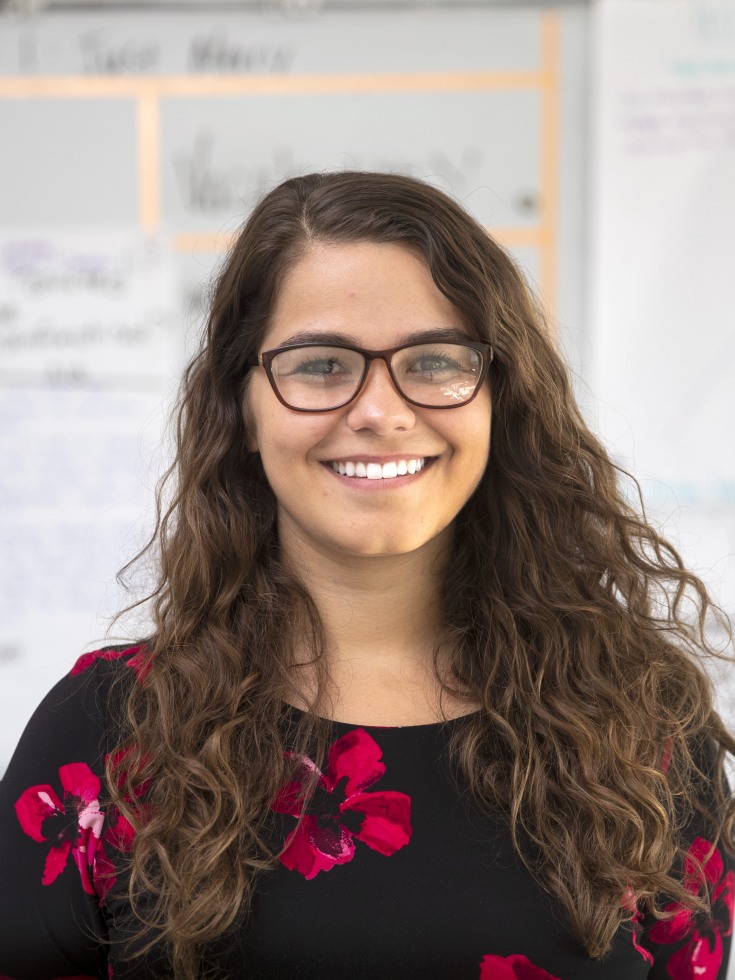Brown's Master of Arts in Teaching in English Education prepares future teachers to teach literacy to secondary school students in diverse, multilingual classrooms. Our program believes that the stories students read and write in their classrooms can shape community, imagination, and action.
In Brown Summer High School, a summer enrichment program during their first semester, MAT-English candidates develop a teaching unit that is based on an engaging adolescent fiction novel. The classes they teach to local high school students are infused with discussion and close reading practices. They center daily writing and narrative writing exercises so that students' voices are amplified as they strengthen their skills in this genre. In their school-year residency placements, student teachers work with established curricula but augment their lessons with contemporary texts to reflect the diverse racial, ethnic, and linguistic backgrounds that are present in the classroom and the world around us.
MAT candidates take discipline-based pedagogy courses where they study novels, short stories, poetry, podcasts, and essays while learning how to teach the English curriculum. Areas of focus include developing expertise in instruction in composition and language to guide multilingual students, examining and encouraging multiple perspectives in the literature classroom, and structuring a strong daily writing routine.
Candidates must have completed a bachelor’s degree that includes a concentration of coursework in English or a related area to be admitted into the program.

